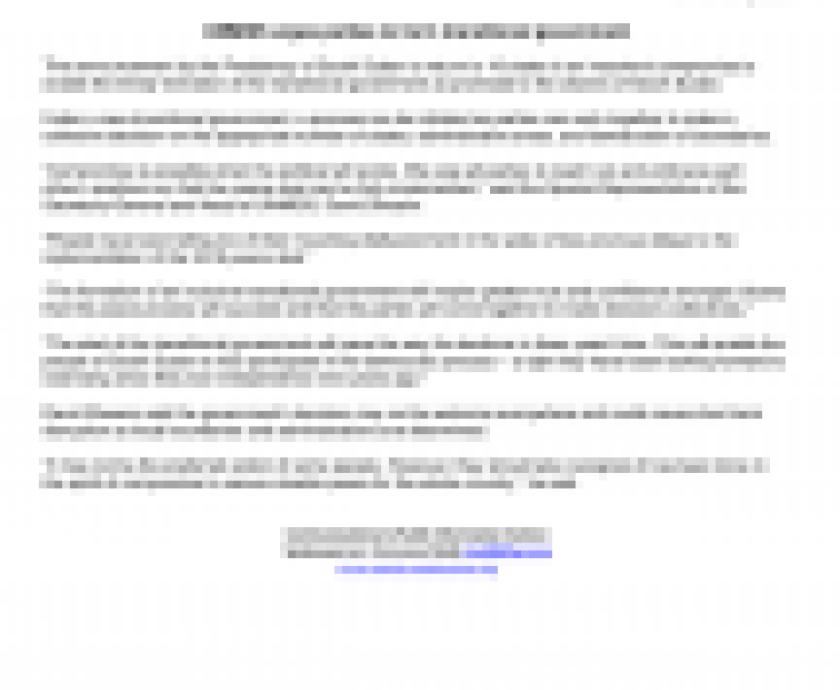Click to expand Image
A hospital information board shows non-availability of beds in New Delhi, India, April 21, 2021.
© 2021 AP Photo
As India faces the world’s fastest-growing number of Covid-19 cases, with 316,000 new confirmed infections on April 21, the highest single-day count in any country, and more than 2,100 deaths, the government’s response appears to have collapsed. A Lancet Commission report estimates deaths could reach 2,320 per day by the first week of June.
There are healthcare shortages everywhere, of testing capacity, medicines, ambulance services, hospital beds, oxygen support, even cremation or burial facilities. Phone calls, social media posts and WhatsApp lines are flooded with requests from people desperately hoping that someone can help their critically ill friends or relatives. Healthcare workers say they are exhausted and feel helpless.
Many had predicted a catastrophe in India when the pandemic first broke out last year, but it is the second wave that has proved far more devastating. Unfortunately, Indian authorities wasted a months-long opportunity while the virus had been contained when they could have bolstered the country’s extremely weak health infrastructure.
Instead, authorities provided mixed messaging. The government called for caution but allowed, and even backed, a Hindu religious event that has seen millions of people gather for an auspicious dip in the Ganges. Prime Minister Narendra Modi appealed to people to act with patience and discipline, but he and opposition party leaders are facing criticism for addressing huge campaign rallies during state elections.
“How is the government so oblivious to the reality on the ground? You can’t have people die because there is no oxygen,” the Delhi High Court said while hearing an appeal on oxygen shortages in hospitals this week, a challenge plaguing several states across India.
International human rights law guarantees everyone the right to the highest attainable standard of health and obligates governments to ensure access to health care for those who need it.
The Indian government needs to stop passing the buck, ensure collaboration between various federal and state entities, and act swiftly to address this worsening public health emergency. This means removing bottlenecks from medicine supply chains, supporting healthcare workers, ramping up vaccine manufacturing and distribution in an equitable manner, and promoting safe behavior. Only then will India escape a looming carnage.



